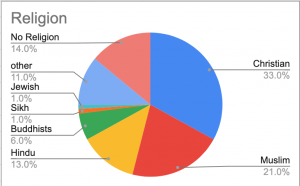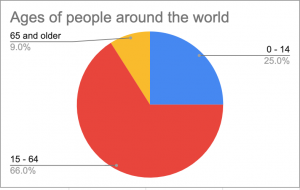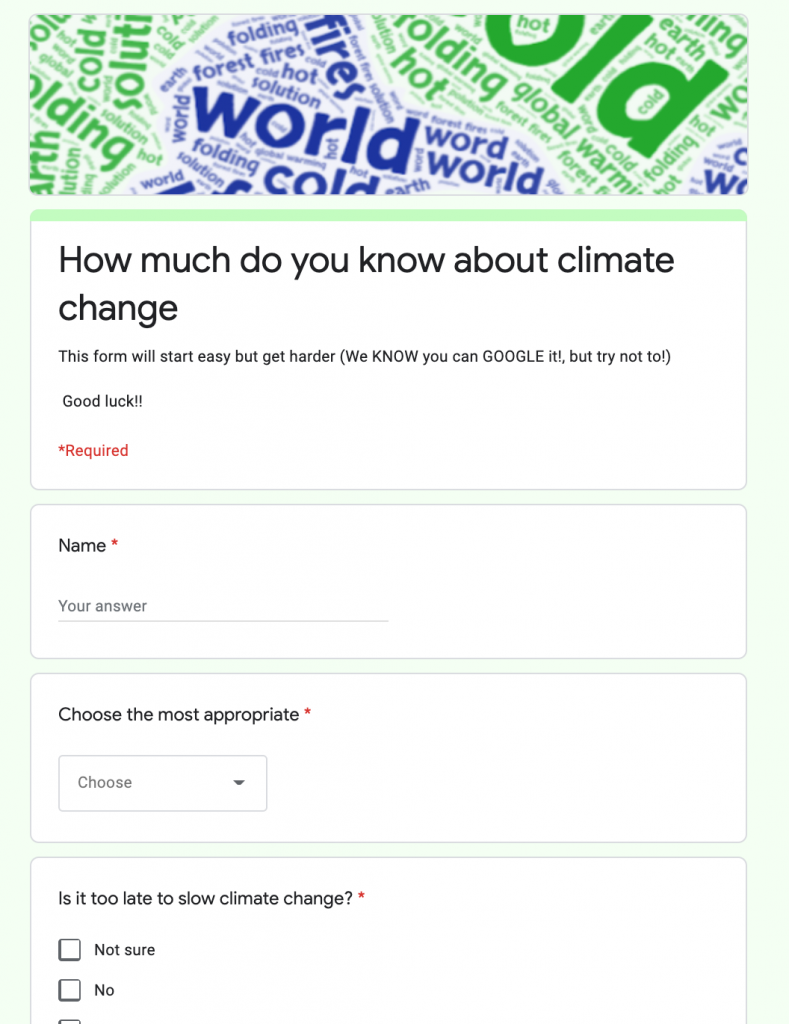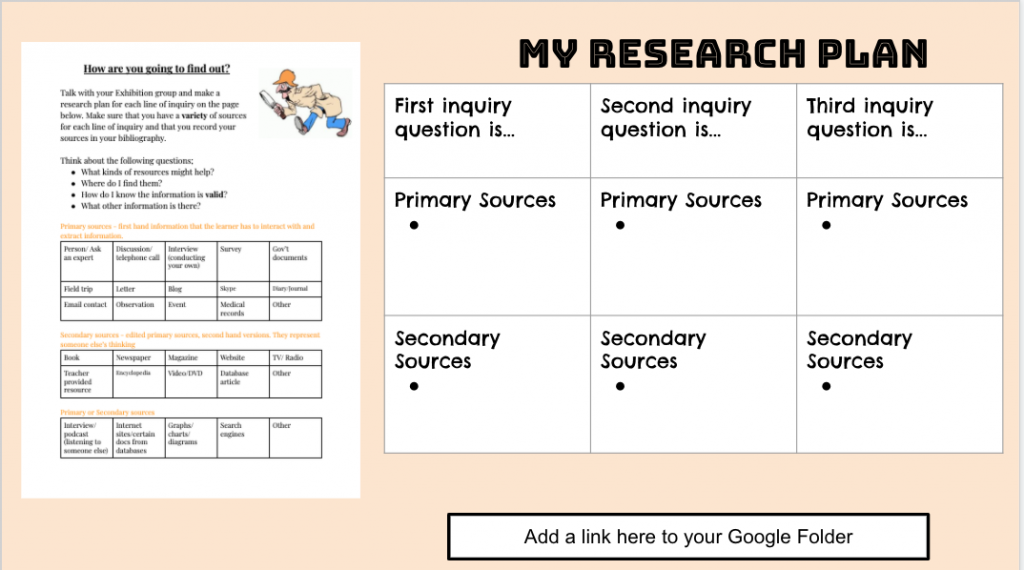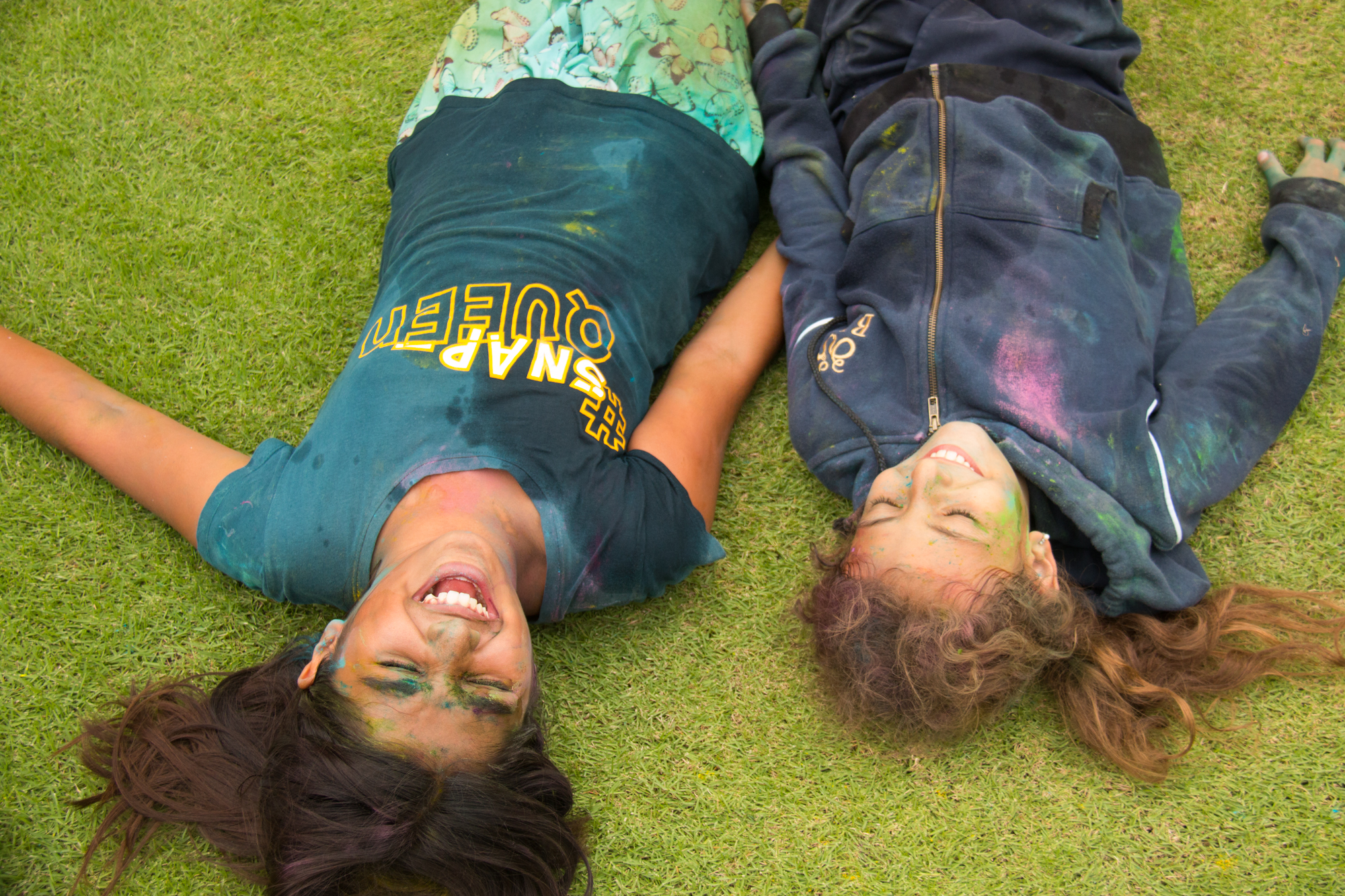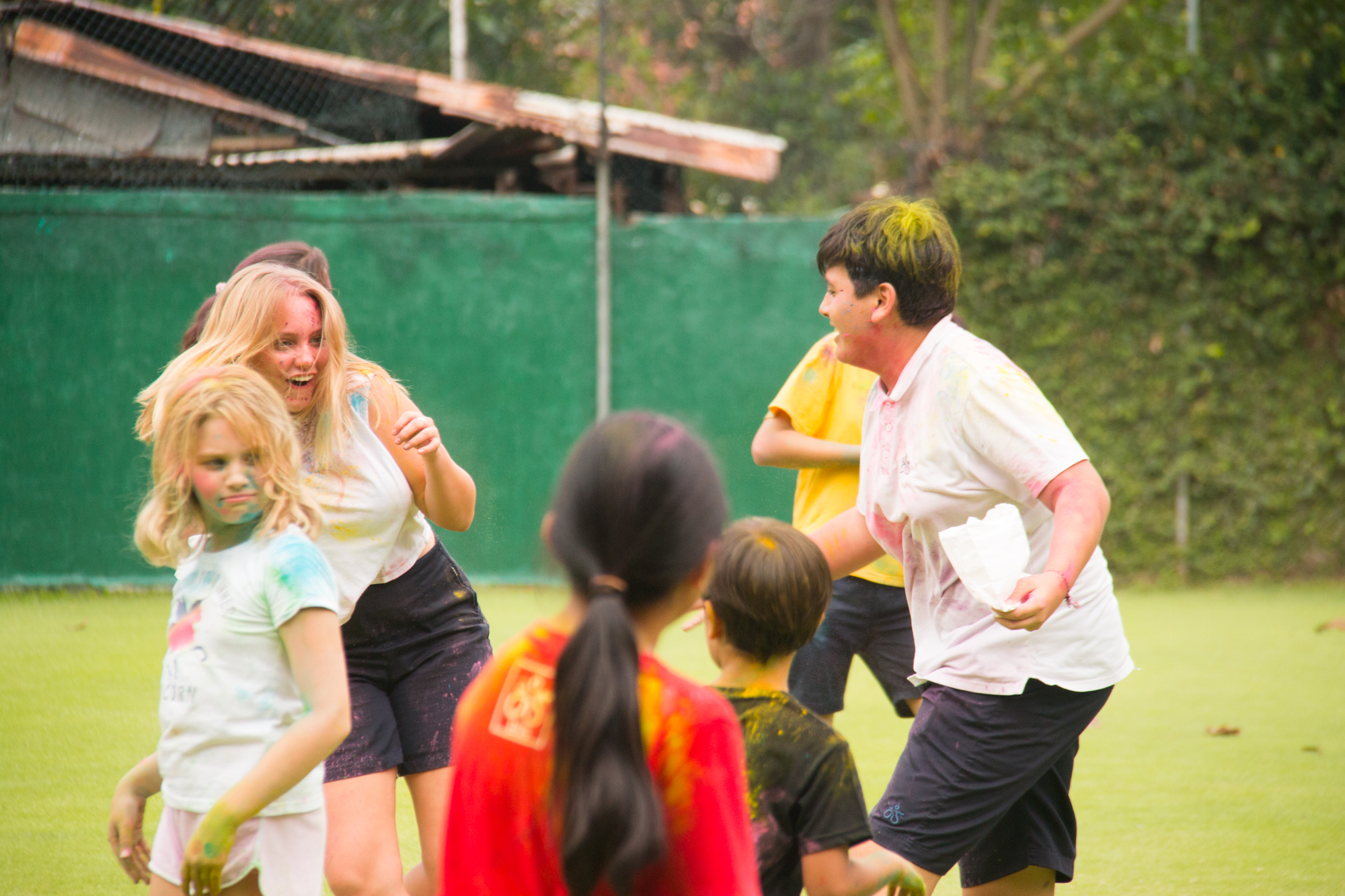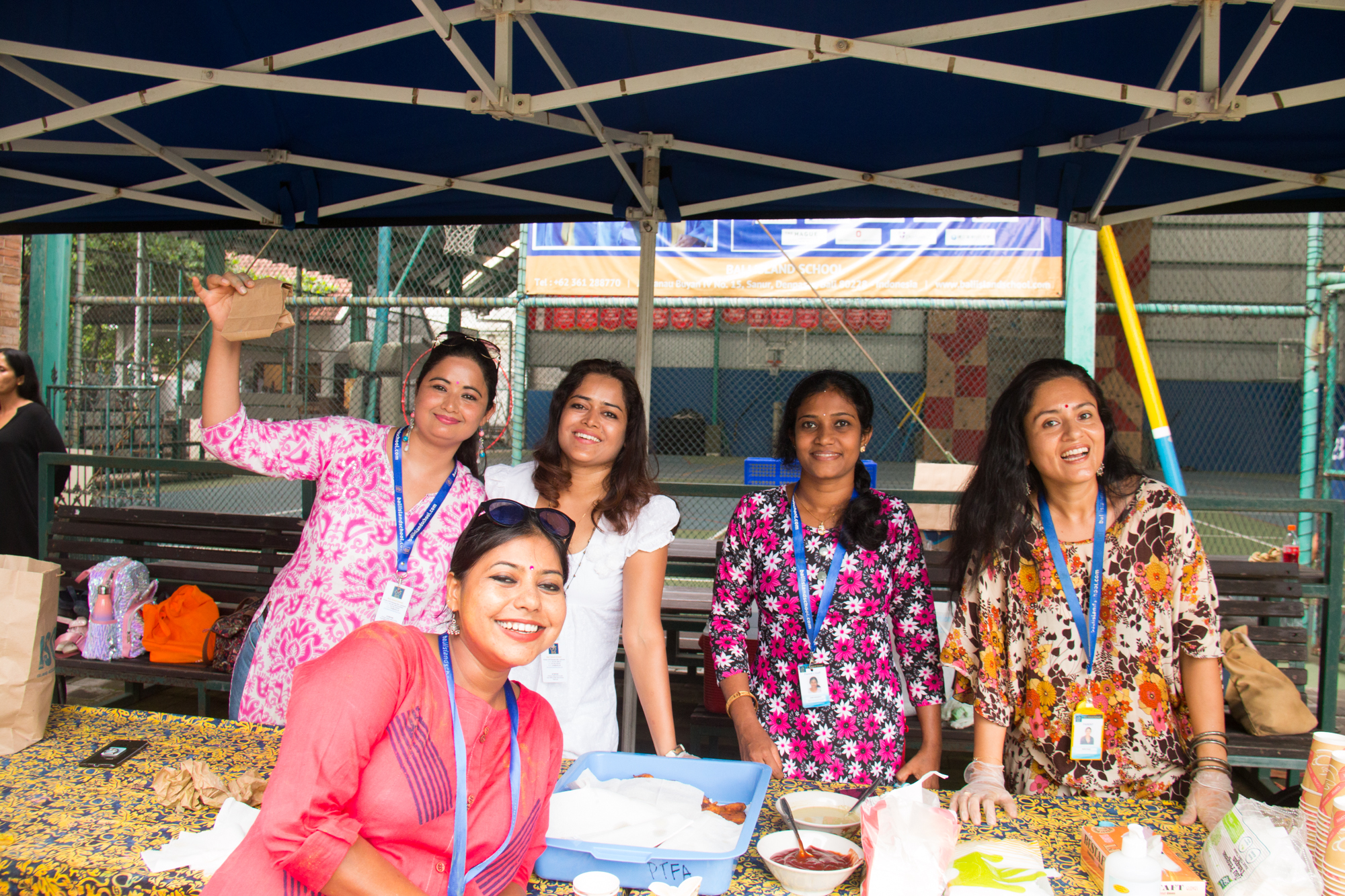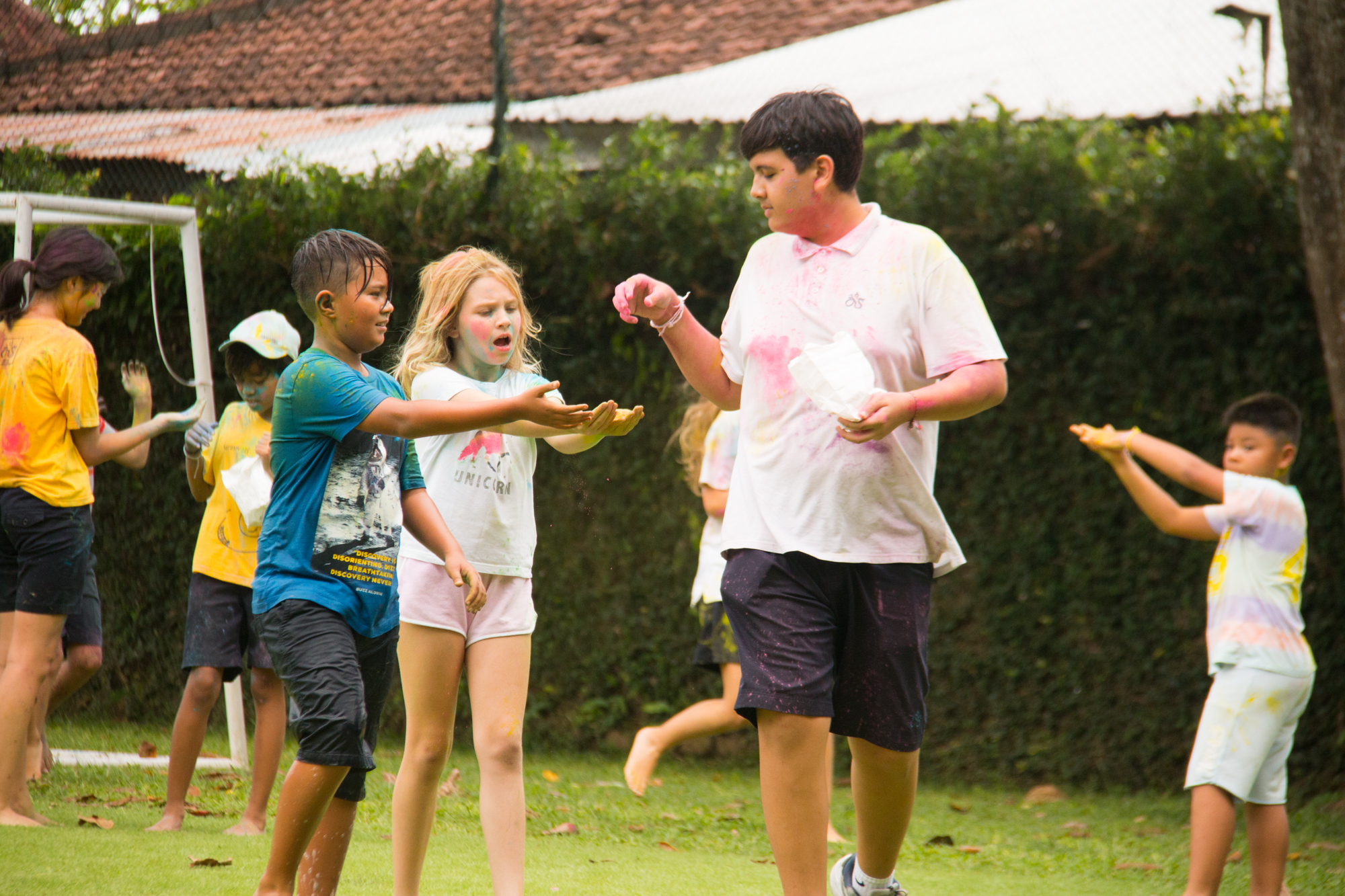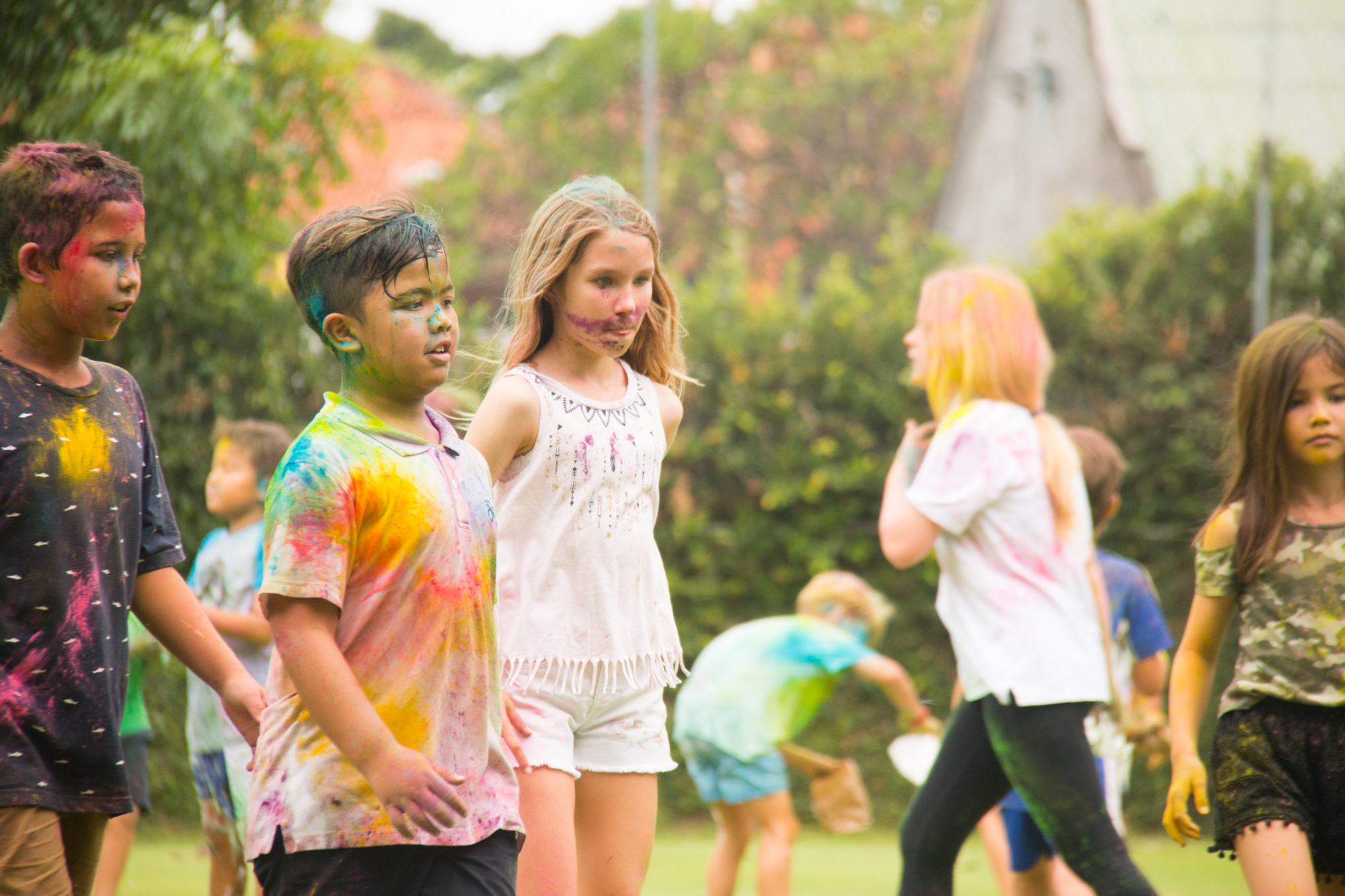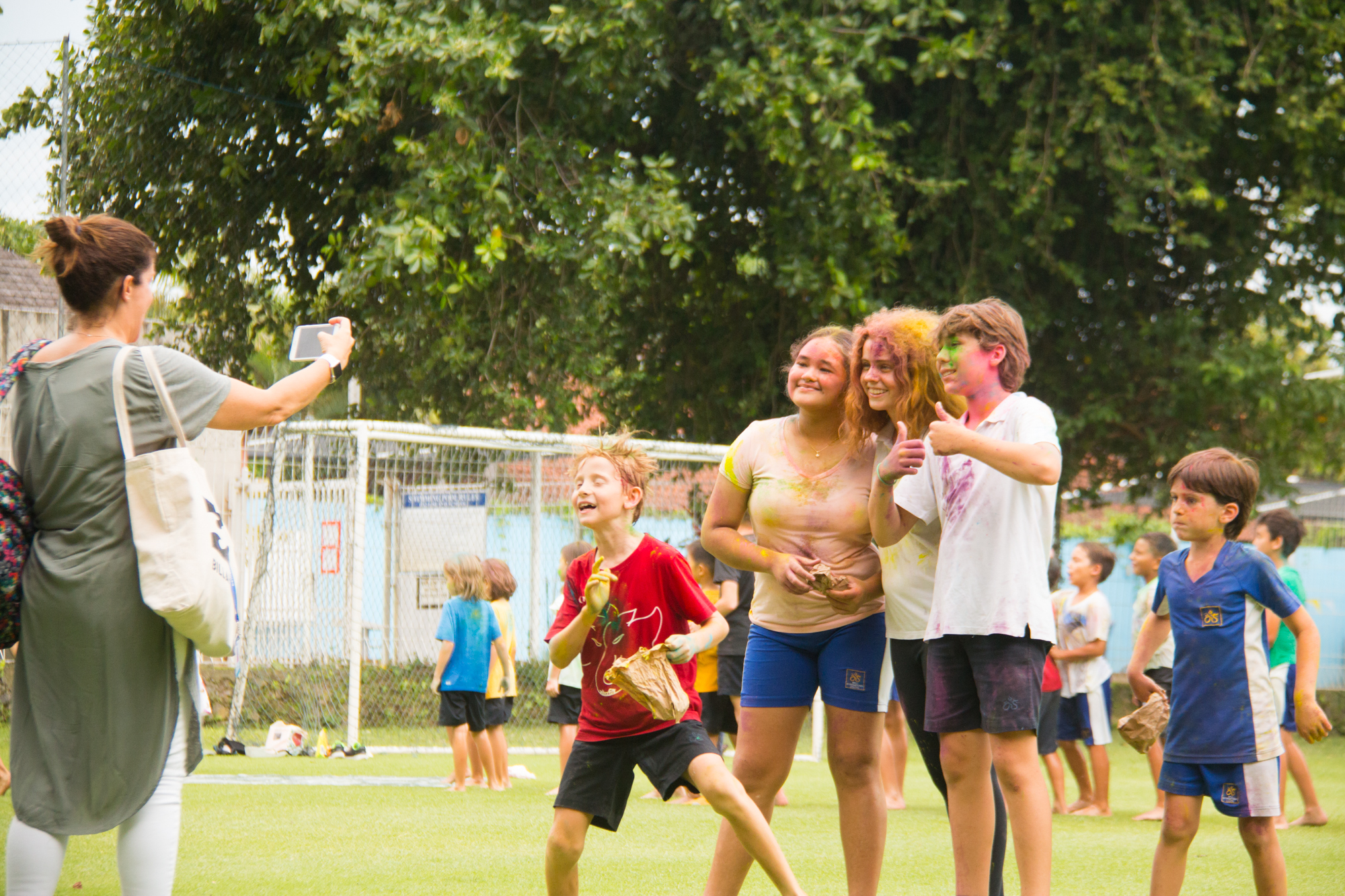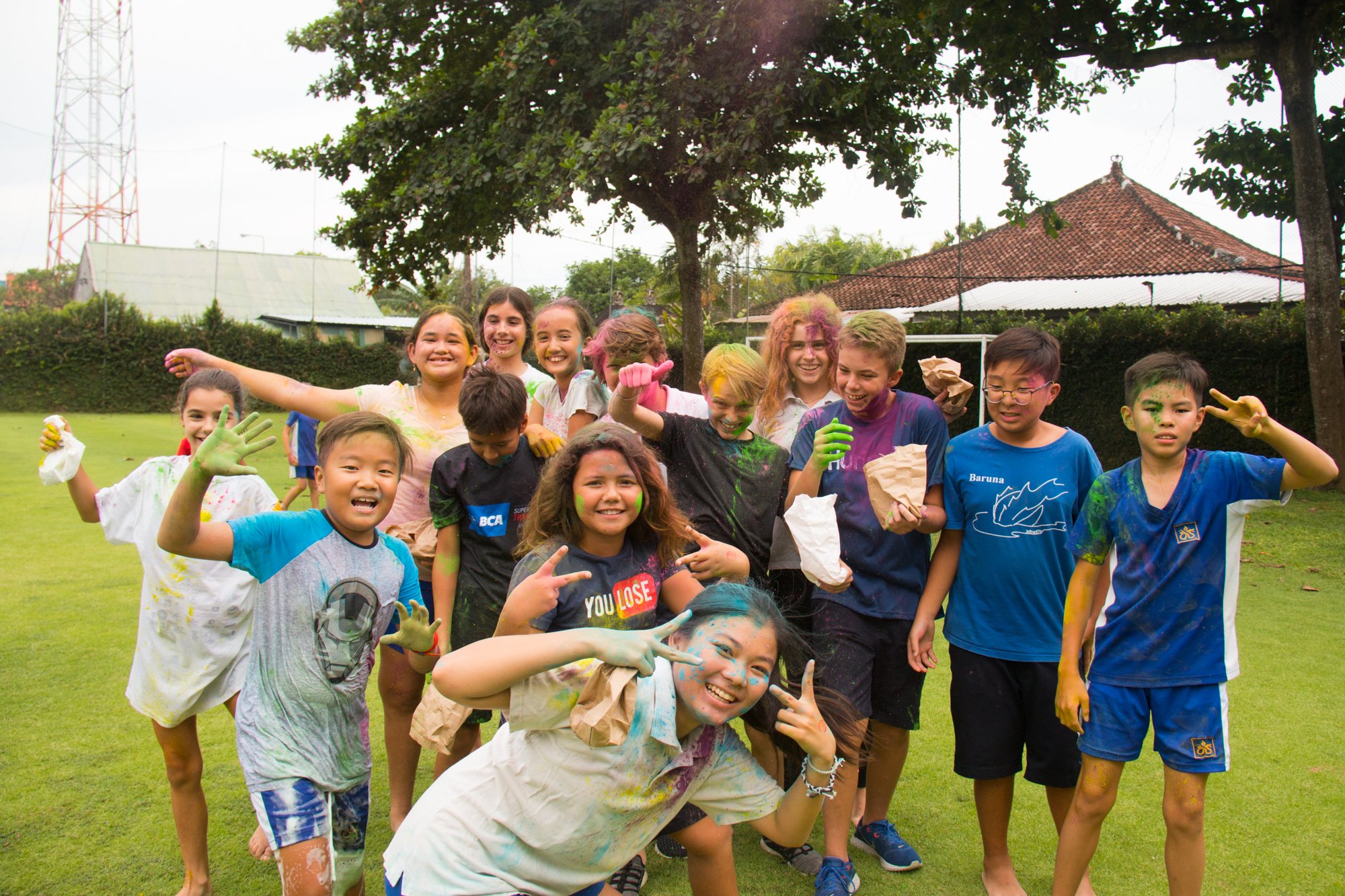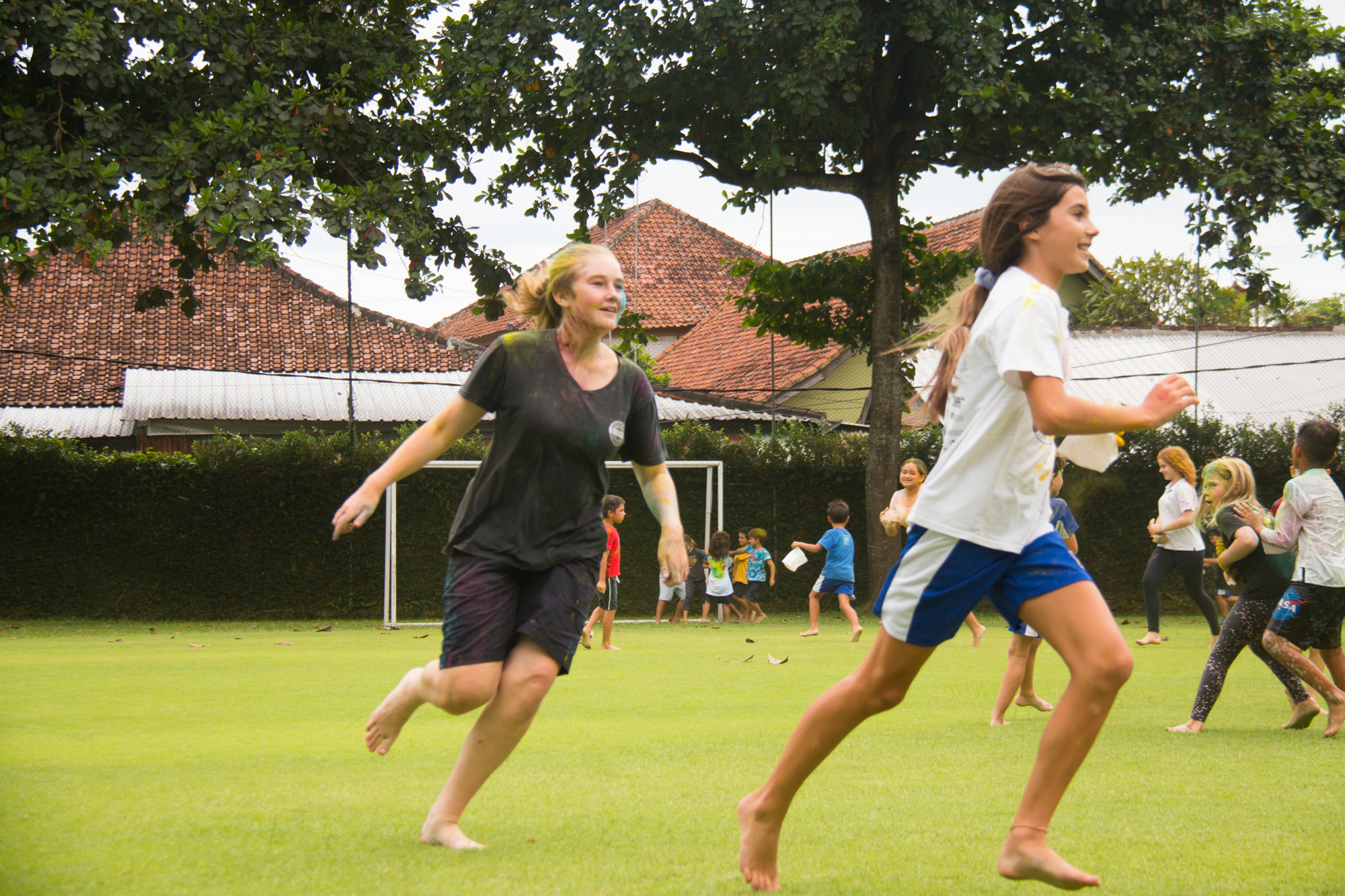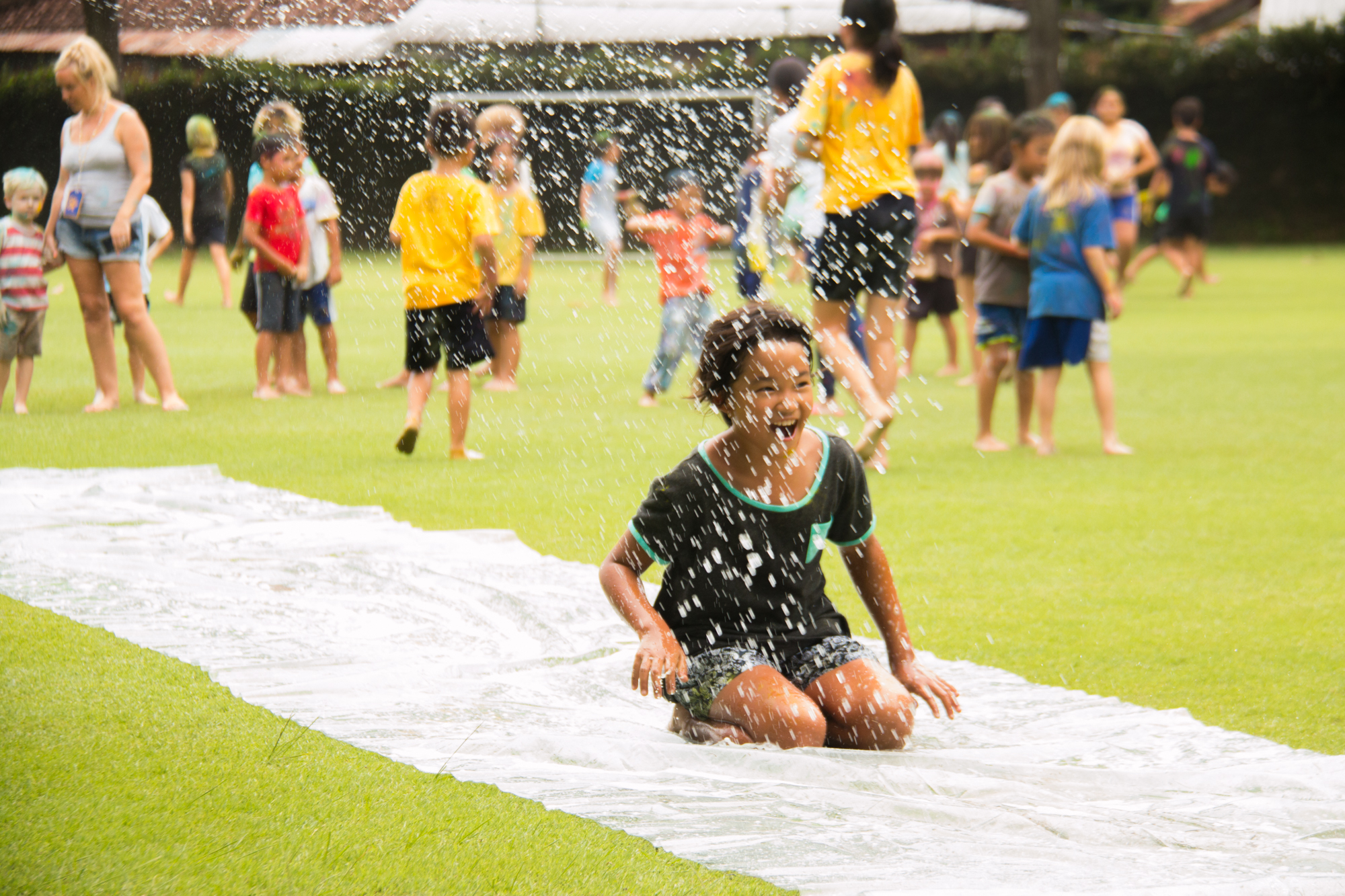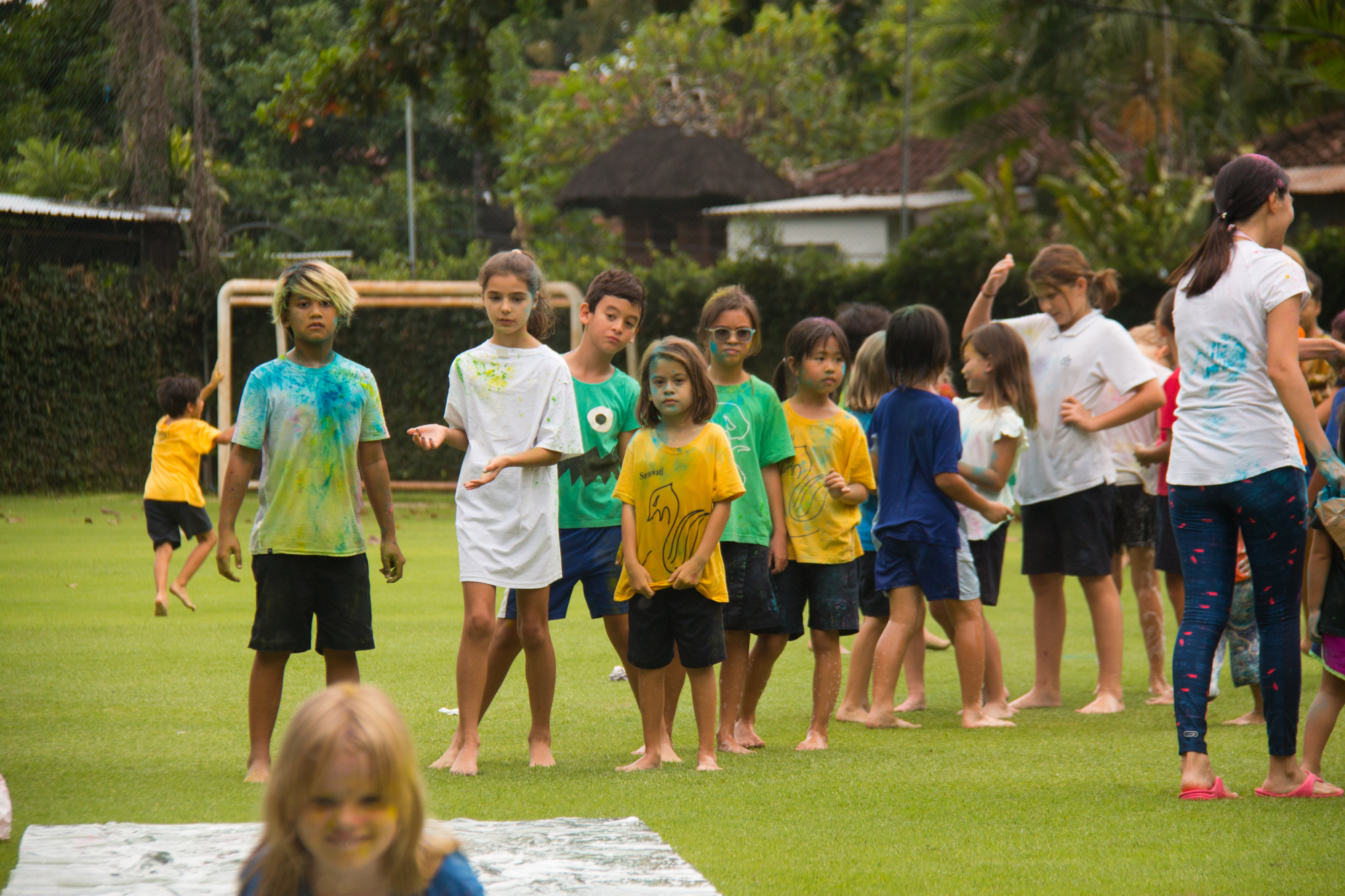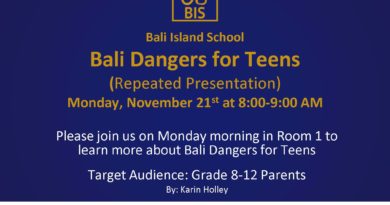Primary eNews – March 26, 2021
Approaches to Learning during the Grade 5 PYPX

Approaches to learning (ATL) are an integral part of an IB education and complement the learner profile, knowledge, conceptual understanding, and inquiry. These skills are grounded in the belief that learning how to learn is fundamental to a student’s education. (IBO 2017).
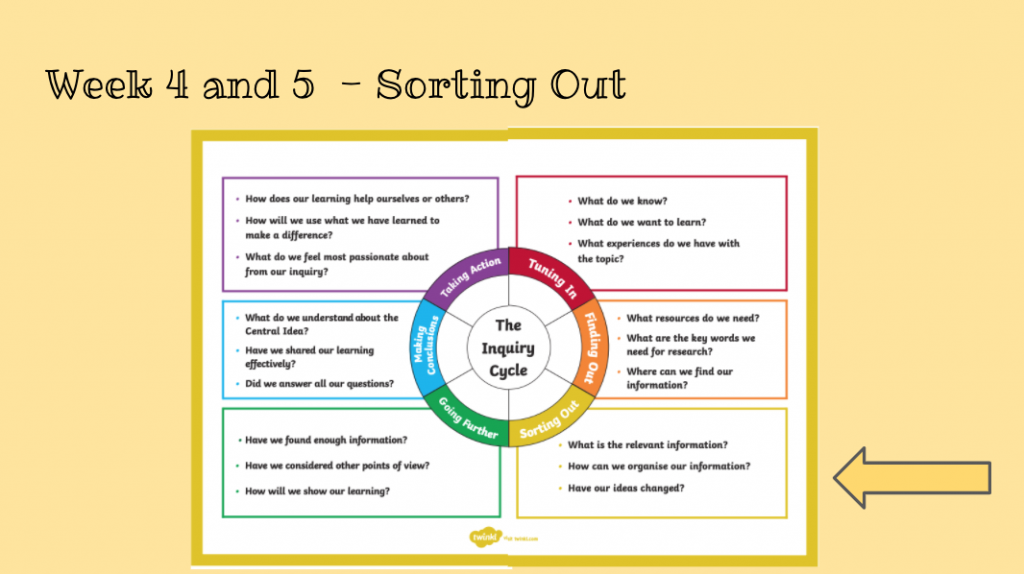
Grade 5 students are in week 5 of the PYPX. They are currently in the sorting out stage of the inquiry cycle, where they focus on finding relevant information, organising that information and reflecting on how their thinking has changed.
There are many sub skills involved in research. Students have been working on
- Data gathering
- Planning their research
- Ethical use of media
Students have learned how to use digital tools such as google sheets to represent data.
They are currently learning to use Google Forms to create surveys which will allow them to generate their own data from our BIS community – organising their own primary research and guiding them in the next steps in their inquiry.
With support from our librarian, Mr. Marshall, students are able to differentiate between primary and secondary sources. They are creating a research plan to support them in answering their research questions. Students have worked with Mr. Marshall to discuss lists of secondary sources to support their research and are learning to write formal emails to organisations and experts in the field to support them as they gather knowledge and understanding.

Finally, students are reviewing the importance of using correct citations when completing tasks. Students use the tool Easybib to support them when creating a bibliography to give credit to the images and information that they have sourced.
Research during Exhibition
Hello, my name is Cristina, I am a grade 5 student in BIS. As some of you know we have our grade 5 exhibition coming up. My topic is Climate Change and I have made a survey to learn how much people in the community know about Climate Change. This information will help me to plan my action. Primary parents, please help your child to fill out the form, as some of the words might be a bit tricky. Thank you for taking the time to do this,
Cristina
Counseling
How do you help your child solve a problem they are having with a peer or sibling? Let’s say they come running with a problem, which you could quickly solve. Can you sometimes slow down, get at their eye level, and listen carefully to what they are trying to explain? Then use “How…?” or “What…?” curiosity questions to guide them to their solutions. They often know what to do but doubt themselves and seek our approval. When we give a quick solution, they might feel unheard or that you are rushing to get rid of them.

It can look something like this:
Child: (Crying) I don’t like playing with Wayan anymore?
Parent: Can you tell me what happened that made you feel that way?
Child: He took my favorite lego creation and won’t give it back.
Parent: How could you solve this problem?
Child: I don’t know.
Parent: I trust that you do have ideas about solving this problem. How about you share just one of your ideas?
Child: I could tell on him.
Parent: That is an option, and what will happen if you tell on him?
Child: I think he’ll be furious, and maybe he’ll break my lego creation.
Parent: It sounds like you thought about that one and did not like what might happen. How else could you solve the problem?
Child: I could take something of his that he really likes.
Parent: Yes. That is another option. How will both of you feel then?
Child: I will not feel better, and he will also feel sad.
Parent: Right. So, you have already shared two ideas. How else could you solve this?
Child: I could go and tell him how special the toy is to me and that I would like it back if he ever wants me to share things with him again.
Parent: This seems like a better option. Try it and see how it goes. Come and let me know later, okay? I am here for you.
As parents, we do not have the time to take this approach with every situation, but helping children see that they can solve their problems builds their self-confidence. Using “how” and “what” questions lead them to inquire where “why” questions make them feel judged. Give it a try.
Holi Celebration

Holi 2021 date is Monday, March 29. Holi is one of the most significant Hindu festival in India & is known as the festival of colour. Holi – the festival of colours, is celebrated by people smearing each other with colours, Delicious gujiyas and a serving of ‘bhang’ is also an integral part of Holi celebration in India. (source: https://timesofindia.indiatimes.com)
Last year we celebrated this Indian Festival of colour “Holi” at BIS Big Field. This event was organised by the PTA.The students had so much fun to play with colours and water and taste some Indian delicacies for free.
Thank you to our students who have shared their video about how they celebrate the Holi Festival in their family – we wish you a happy holi everyone..

